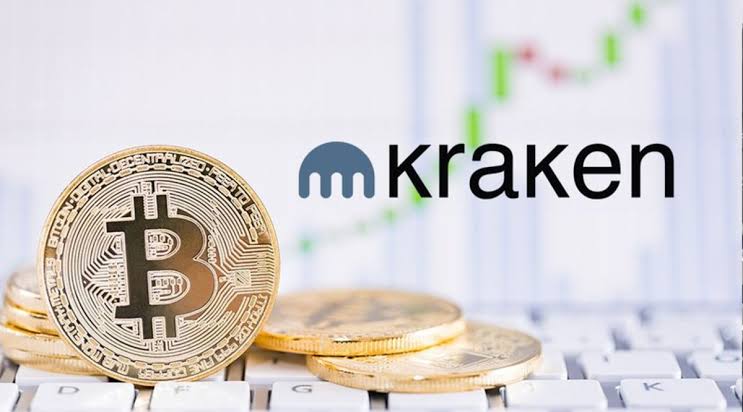Kraken has agreed to pay a fine after the SEC discovered that it had poor oversight of its customers’ geolocation, allowing Iranians to avoid US sanctions.
Kraken, a well-known American crypto exchange, agreed to pay a fine of more than $362,000 to the Treasury Department’s Office of Foreign Assets Control (OFAC) for “apparently” violating U.S. sanctions against the people of Iran.
The Iranian Transactions and Sanctions Regulations may have been broken, and Kraken agreed to “settle its potential legal responsibility,” according to an OFAC press statement.
In addition, the exchange agreed to “invest” $100,000 in certain additional sanctions compliance controls, including training its staff and implementing technical controls to assist in sanctions detection.
The investigation began as early as 2019 with five persons connected to the corporation or with knowledge of the inquiry, according to the New York Times. These people said that the exchange, which has already fought with other regulatory bodies in the nation, may face a fine from the American government.
As of June 2022, more than 1,500 people with addresses in Iran had accounts with Kraken, said the research. While 83 individuals in Cuba and 149 people in Syria apparently had access to the cryptocurrency exchange.
Since 1979, Iran has been subject to US sanctions that forbid the export of goods or services to organizations or people within the nation. Syria and Cuba were also included on this list of prohibited countries. Doing
Kraken Could Have Faced a Fine of $272 Million.
After identifying the issues it was having and contacting regulatory authorities, Kraken deployed automated banning of I.P. addresses related to Iran as well as several other blockchain monitoring and analytic tools.
Kraken was spared from incurring a maximum penalties of more than $272 million due to its dedication to finding a solution and its admission of guilt.
Kraken thus joins the list of exchanges fined by OFAC, including Bitgo for $98,000; BitPay for more than $500,000; and Bittrex, which agreed to pay more than $53 million to OFAC and FinCEN for alleged violations of the sanctions programs.


